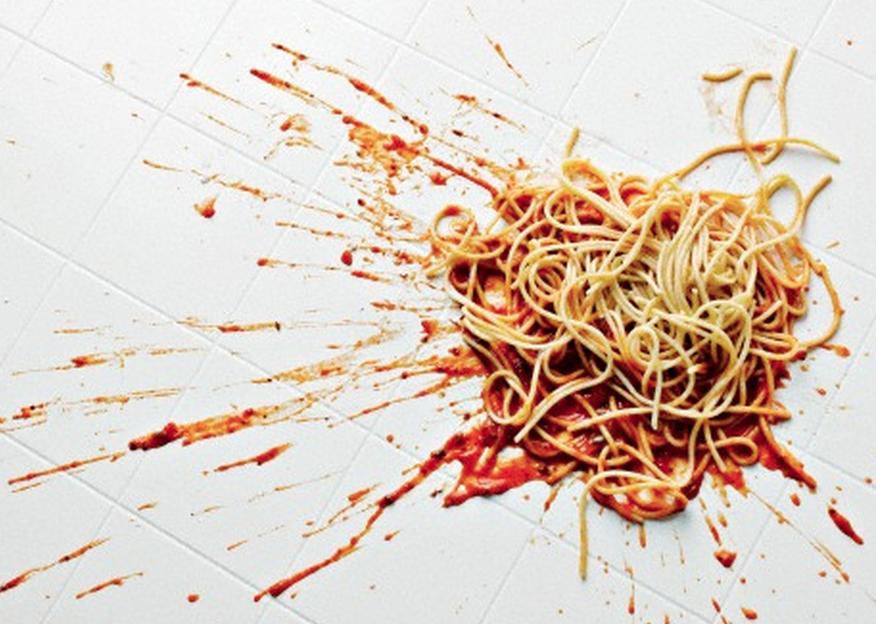
I was not an easy kid to raise. Ask any one of my parents, of which there is only one left alive to ask: Ma.
Putting aside the toddler years when natural curiosity and gregariousness had me wandering into the homes of neighbors, uninvited & unchaperoned. Tween years when after discovering love in the eyes of a twelve-year-old boy and leaving home to be with him, I was unceremoniously dragged back. Juliet’s thirteen inspired Shakespeare to a timeless work of literature, and twelve was old enough for Humbert Humbert, but eleven, it was decided, was too young to be making those kinds of decisions.
During the lost years (ages eleven to thirty-three, when I was–for the most part–drunk, high, or recovering from one or both), I did my best to hide my life from my parents, specifically, from my mother. Knowing the specifics of my life would hurt her. Not doing any of those specific things never occurred to me. Not once in twenty-two years. Not once. Lying, on the other hand, came naturally. Lying is an art-form, a flair for which I’d inherited from my father–a world-class liar–then worked at on my own. I was a liar. I was a good liar. More importantly, I lied for a good cause: to protect my mother from the pain and hurt she’d feel if she knew the truth.
She knew. I didn’t know she knew, but she did. Not because she found my pot pipe, or when friends carried me home, unconscious and verging on alcohol poisoning–twice, it wasn’t even the neighborhood mothers referring to me as a “bad influence” and forbidding their daughters to hang around with me. She could ignore a lot (see mention of world-class liar father/husband figure in the previous graf) and simply said, “I wouldn’t let my daughter hang out with you either.” It sounds bitchy and mean, I didn’t even need hindsight to know she was right.
She knew because even as a teenager, I was disassociating and losing my memory. Things weren’t real unless I wrote them down.
So, I was more than two decades sober, when I discovered she’d read my diary. That she knew all the things I’d tried keeping her safe from. Teenage prostitution. Men. Drugs. Violence. I thought my secrets kept her safe. Instead, she swallowed them whole, making my secrets hers, keeping them from my father and his anger. So full of my secrets, she bled internally the way she had when her mother was dying. That’s what happens when we keep fear and pain inside, it finds a way out through our skin, digs holes in our insides.
The ultimatum came when I was seventeen. I don’t know how long she’d been working up to it: Go back to school, get a job, or get the hell out of the house. She would not allow me to live in their house and slowly kill myself.
She credits herself with getting me sober and saving my life.
I went back to school and got better at hiding things. I got a job. Moved out. Kept more secrets. I bleed internally. Like mother, like daughter. But, I didn’t get sober until I was thirty-three.
Here’s the thing, the joke, the punch-line:
Q: What do alcoholics and addicts say all the time?
A: Leave me alone, I’m not hurting anyone but myself.
Even after thirty years of twelve steps, I’d been underestimating the impact I had on her life.
We live together now. Tables are turned, roles reversed, the old switcheroo and I look after her safety and well-being. Ma has dementia. It had been a slow progression that’s gaining momentum now and we’re at the point where she may, or may not know who I am. Or how many children she had (one), if her mother is still alive (no), how old she is (90), how old I am (63), what my name is, what “our connection” is, or how all words meaning “a female relation” are not the same: mother, daughter, aunt, niece. Sometimes I’m her daughter, or her brother, mother, a good friend, someone nice.
I used to think of her dementia as a bunch of story memories packed away in battered and indistinguishable suitcases. To bring her back to her I had to find the handle, the way in, a key to opening a particular lock. For thoughts of our old house, the key is her garden. If I can bring her into the garden, mentally, the rest our home memories unfold. For her friend Kristin, it’s the walks they took together. And so on. I am the keeper of the keys to her memories, to her past, to her recognition of this one or that.
What brings her back to me? Sixty-three years of a mother-daughter relationship and the key to bringing her back to me is the most emotionally-charged moment for her. Not my birth, or getting sober, or any proud accomplishments.
When our life together is thrown against a wall like a handful of spaghetti, what sticks is the ultimatum.
What brings her back to me is how frightened she was all the time that I’d overdose and die. That I’d die in the streets. Leave and never come back. That she might never see me again. She kept a small Rolodex card that listed my height, weight, and eye color so she could identify my body when the time came, terrified she’d get something wrong and risk not getting at least my body back. That oppressive darkness of being alone in a house with all that fear and no one in the world to tell, or ask, How do I save the life of my only child.
That was our moment. The one that will always bring her back to me when she looks me in the face and says “Who are you to me? How are we connected?” Sometimes she remembers there were several children, “all you kids,” the twisting anxiety amplified by dementia.
Want to understand the affect you have on someone’s life? Throw your lives together up against a wall of dementia and look for the emotional spaghetti left hanging on the wall.
Discover more from only the jodi
Subscribe to get the latest posts sent to your email.


This made me cry. So beautiful and sad. Made me reflect. Thank you for sharing this
This is so beautiful. Love to you and Elayne.
Thanks, Jodi! A fellow pointed me to this beautifully written piece. My mother is about a year into dementia & recently took a turn to the alarming—at this point she is having trouble knowing where exactly she is living (assisted living in Florida isn’t “home” even though all of her things are oddly with her in her apartment) and where that is in relation to my brother (Shelter Island) and me (Astoria). It seems to have happened so quickly. Not sure what will stick down the road.
Bruce, I can’t imagine how hard long-distance caretaking must be. I wish you and your brother luck on your journey with your Mom. The two things I can recommend are to educate yourself about the illness and to fund support. Here is a little bit of a game plan suggestion: https://onlythejodi.com/caregivers-resources/. Best wishes, Jodi, your neighbor in Jackson Heights!
Wow, what an amazing resource, which I’m sharing with my brother!
Luckily, my mother has always been practical (and went through this with her mother, who lived to be 99), so she got herself set up with an assisted living facility ahead of being physically and/or mentally incapacitated. When she began to get noticeably forgetful late last year (she’s always been a little so), she sold her house (surprisingly quickly!) and moved to the facility just prior to Covid. My brother also obtained power of attorney to handle her finances and hired his ex sister-in-law Lisa to help out buying supplies, communicating with doctors, etc.
So we’re in pretty good shape. But the hard part is to not be able to visit. Lisa can only meet my mom outside, as the facility is in lockdown. My brother and I can only talk on the phone. An actual visit wouldn’t involve much visiting and quarantine both before and after.